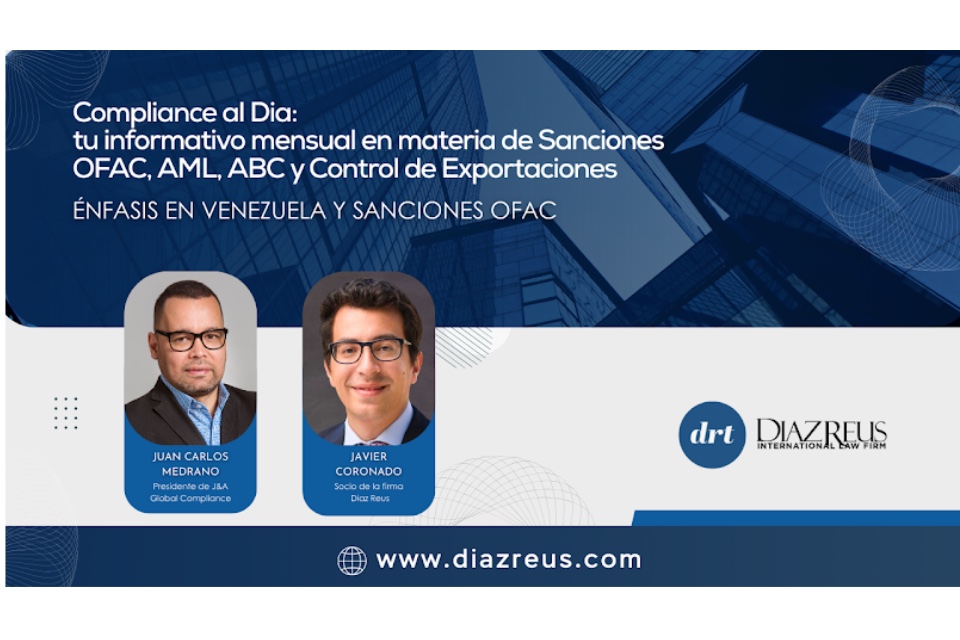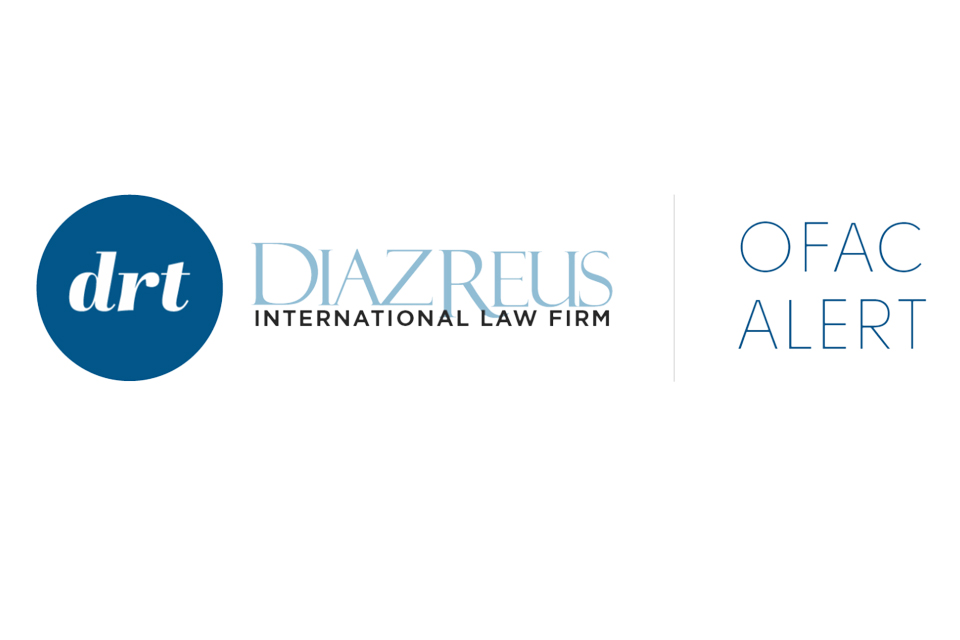This article appeared in the 2014 edition of The International Comparative Legal Guide to: Business Crime; published by Global Legal Group Ltd, London.
General Criminal Law Enforcement in Colombia
By Michael Diaz, Jr. and Marcela C. Blanco
1.1 What authorities can prosecute business crimes, and are there different enforcement authorities at the national and regional levels?
The Office of the Attorney General of Colombia, “AGO” (Fiscalía General de la Nación), is the national authority designed to prosecute offenders, investigate crimes, and process indictments. The AGO has the authority to prosecute all crimes within Colombia.
1.2 If there are more than one set of enforcement agencies, please describe how decisions on which body will investigate and prosecute a matter are made.
Colombia has a centralised system of government. The AGO is responsible for prosecuting violations of the Colombian penal law throughout the country; however the plaintiff role is not concentrated exclusively in the Attorney General Office. The Inspector General’s office, the “IGO” (Procuraduría General de la Nación or Ministerio Público), which is in charge of monitoring and sanctioning public officials’ conduct, is able to intervene in criminal proceedings on behalf of the public interest in order to ensure that access to justice and due process are being observed. Victims of crimes have the ability to participate in the judicial proceedings through their legal representatives as a way of ensuring their right to justice. All parties can formally participate in a Colombian criminal trial.
1.3 Is there any civil or administrative enforcement against business crimes? If so, what agencies enforce the laws civilly and which crimes do they combat?
In Colombia, various governmental entities are authorised to investigate and bring civil enforcement proceedings. In civil proceedings, entities can seek civil monetary penalties and injunctive relief. The following are some of the entities that conduct civil enforcement matters.
Superintendency of Corporations (SC): The SC supervises all commercial corporations belonging to the real sector of the Colombian economy in compliance with corporate and accounting laws and regulations. It may impose administrative sanctions over said companies when necessary. Article 57 Commercial Code (Cco), for example, prohibits inaccurate, false, or incomplete accounting. Pursuant to its supervisory power, the Superintendence may: (i) take the control over, or intervene in the control of, the company; (ii) order its dissolution; and (iii) impose fines if, for example, the company does not register a change of control over the company before the competent authority.
Superintendency of Industry and Commerce (SIC): The SIC may impose fines against persons who develop commercial activities without being registered before the mercantile register. The same sanction may be imposed for the lack of registration of new commercial establishments. The SIC may also impose sanctions to companies who violate the applicable rules of Law 256 of 1996 regarding unfair trade or cut-throat competition.
Finance Superintendence (FS): The inspection, surveillance, and control authority of the financial, insurance, and securities markets and any other activities related to the investment or management of funds of the general public is the FS. In general, the FS has been entrusted with exercising surveillance over the Colombian financial system with the duty of: (i) preserving its stability and trustworthiness; (ii) promoting, organising, and developing the securities market; and (iii) protecting investors and users of financial and insurance services. All companies that issue publicly traded securities are subject to the surveillance of the FS.
In addition, the FS can impose the following sanctions and penalties, among others, depending on the type of infringement. These include warnings, fines, suspension from management of entities under their surveillance, removal of administrators and auditors, suspension or cancellation of registration from certain public registries, and taking over the operation and/or winding-up of entities under the surveillance of the SFC. However, regulatory authorities are not entitled to order disgorgement of illegal profits or indemnifications for losses suffered by private parties. These would have to be pursued through the courts.
Finally, it is important to note that there are other acts that may be punished by competent authorities. They include (a) the infraction of the prohibition for one person to occupy more than five positions in the board of directors of different companies; (b) the fraud or falsification of information; and (c) the misdirection of working capital of a foreign company in investments different to the social purpose of the company by its subsidiary; among others.
Read complete article in PDF. Business Crime in Colombia 2014 Edition
Online at THE COMPARATIVE LEGAL GUIDE TO BUSINESS CRIME 2014 .
See also: Overview of Business Crime in Latin America | 2014













